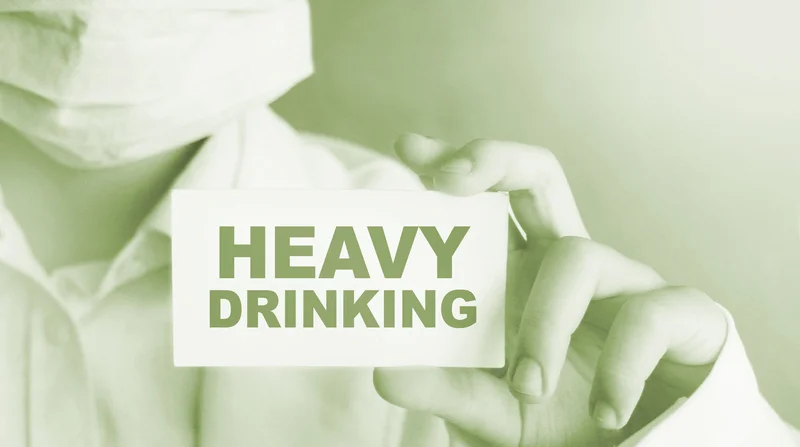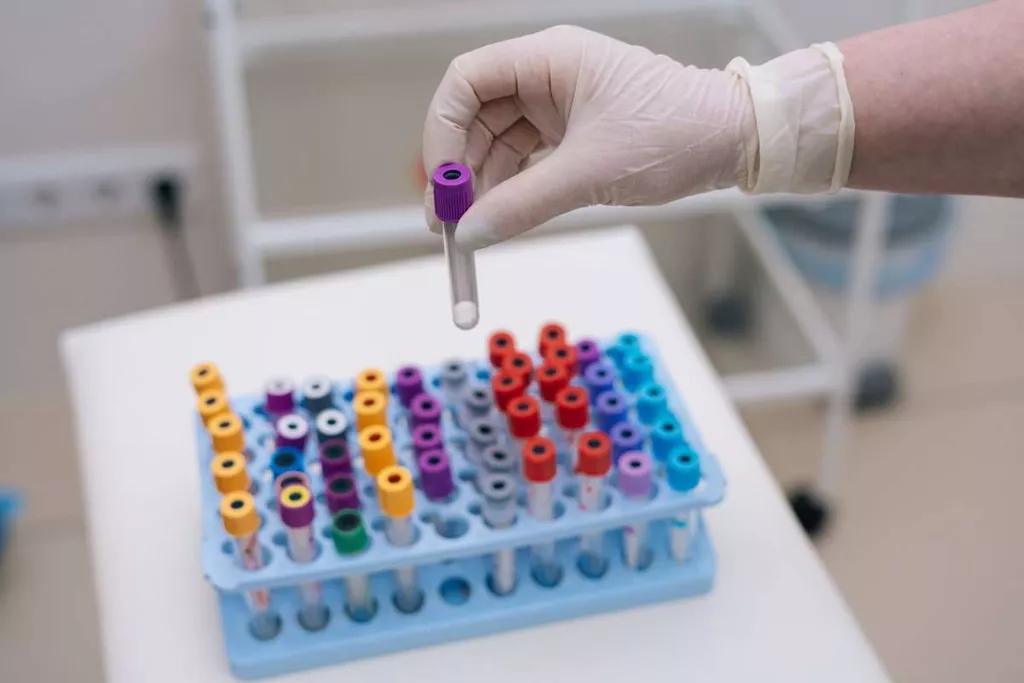
This process involves acknowledging your past actions, expressing sincere remorse, and taking steps to repair the damage. Be patient and understanding, as rebuilding trust takes ETOH abuse time and consistent effort. Finding enjoyable sober activities and hobbies is essential for maintaining a fulfilling life in recovery.

Participating in Sober Social Activities
- Coping strategies include guidance from medical professionals, using counseling services, and participating in therapy sessions.
- After this, more life-threatening symptoms such as chest pain, seizures, or delirium tremens can occur.
Most of those who experience severe alcohol withdrawal symptoms do so because they’re going through their detoxification period “on their own” without the benefit of medical help. Going through withdrawal can be tough, and sometimes it’s hard to know when you need a doctor’s help. If symptoms get severe or you’re feeling overwhelmed, it’s important to reach out for medical support. Withdrawal from substances like alcohol and benzodiazepines can be life-threatening if not managed properly.
- Health decline is apparent in the severe stage of alcohol withdrawal.
- There are many impacts on individuals, families and society as substance abuse issues continue to grow.
- Alcohol withdrawal is primarily driven by changes in the neurotransmitter system in the brain.
- Magnesium is also known to reduce the severity of withdrawal symptoms.
- Before diving into the duration of alcohol withdrawal symptoms, it’s crucial to have a basic understanding of what alcohol withdrawal entails.
- Because delirium tremens can cause your breathing, blood circulation, and temperature to quickly shift, it can be a life-threatening condition.
What Causes Alcohol Withdrawal Symptoms?
A person dealing with alcoholism needs to know the symptoms of alcohol withdrawal, how it occurs, and why it is crucial to have medical and emotional support throughout cessation. Delirium tremens (DTs) is the most severe form of alcohol withdrawal. DTs is possible when someone with alcohol use disorder, especially moderate or severe alcohol use disorder, suddenly stops drinking entirely. This condition is avoidable with professional medical guidance and specialized programs that help people who want to lower their alcohol intake or stop drinking entirely. Alcohol often becomes a coping mechanism for individuals with underlying mental health conditions, as it temporarily alleviates their symptoms.
- This article reviews the typical timeline of alcohol withdrawal and recovery, outlining the key physical and mental changes that occur after your last drink.
- To assess a person’s withdrawal symptoms and recommend treatments, doctors often use a scale called the Clinical Institute for Withdrawal Assessment for Alcohol.
- By the end of this first month, your recovery will be well underway, and your struggle with alcohol will begin to become more of a distant memory than a recent struggle.
- After 30 days of sobriety, physical withdrawal symptoms should be well in the past.
- If you experience PAWS, your doctor may prescribe gabapentin to help you manage your symptoms.
Psychological Symptoms of Withdrawal
Factors such as age, general physical health, nutritional status, and sleep patterns can influence how quickly the body can recover from https://ecosoberhouse.com/ the effects of alcohol withdrawal. Mental health disorders, such as depression, anxiety, or post-traumatic stress disorder (PTSD), can complicate the withdrawal process. These co-occurring disorders may intensify withdrawal symptoms and require specialized treatment to address both the alcohol dependence and the underlying mental health issues.
What is delirium tremens?
Clients at Carolina Center for Recovery will undergo a personalized journey through one of our highly effective treatment programs. Throughout treatment, clients experience the warmth and compassion of an entire staff that cares deeply about their success. Regardless Alcoholics Anonymous of your situation, it’s impossible to predict exactly how long alcohol withdrawal lasts.

Alcohol Withdrawal Symptoms
When going through alcohol withdrawal syndrome, people will often be dehydrated due to diarrhea or vomiting. The duration of withdrawal can vary widely depending on the substance and individual factors. Physical symptoms might last a few days to a week, while emotional and psychological symptoms can last longer, sometimes for months. It’s different for everyone, depending on what substance you’re dealing with and how long you’ve been using it.
Maintaining Your Commitment to Recovery
By the fourth day, the symptoms will start to get a little better and will continue to ease up over the next few weeks. Supervised detoxification ensures a safe environment for managing alcohol withdrawal tremors. Healthcare providers assess your condition, monitor your vital signs, and administer medications like benzodiazepines to control tremors and reduce overstimulation of the nervous system. By addressing the underlying brain chemistry changes and seeking appropriate medical care, the severity of alcohol shakes and other withdrawal symptoms can be managed effectively.
Causes Of Alcohol Tremors
These may still be mild, or the existing symptoms might increase in severity. Many individuals experience better recovery outcomes when they continue to “step down” in care after detox. Westman, J.; Wahlbeck, K.; & et al. “Mortality and life expectancy of people with alcohol use disorder in Denmark, Finland and Sweden.” Acta Psychiatrica Scandinavica. By week three, you will have saved about $450–$600 from not buying alcohol. Your calorie intake will be about 9,000 calories less, leading to a potential drop in weight of about three pounds. While you will still likely have some alcohol cravings, you will probably feel pretty good about quitting alcohol.
- His work focuses on improving healthcare quality and cost efficiency through policy-driven research.
- Remember, seeking professional help and support is crucial to ensure a safe and successful recovery.
- These resources are essential for preventing relapse and maintaining sobriety.
Addiction Treatment
We cover things like health problems, exercise, mental health, hospital codes, pain relief, nutrition. Our articles are for informational purposes only and not a substitute for professional medical advice, diagnosis, or treatment. “I read other people’s withdrawal symptoms and how they seem to be over in a week, but mine are still hanging on … Just stomach problems and anxiety, mostly.” “Tried again today, but it was severe this time—bad shaking, sweating, rapid heartbeat. Instead of going to the hospital or doctor, I tried to wean and reduce for a few days.” For many, the first day of abstinence usually follows a day of very heavy alcohol consumption—either a binge or a multi-day bender. Before you try to quit on your own, talk to your doctor for advice and support.

Moderate withdrawal symptoms generally begin between 12 to 48 hours after the last drink. This phase is critical as it marks the transition from mild to potentially severe withdrawal symptoms. These symptoms can also include stomach upset and hand tremors, which begin to manifest gradually. Mild withdrawal symptoms usually appear within 6 to 8 hours of discontinuation of alcohol use. The initial phase is generally characterized by mild symptoms, but it sets the stage for more intense symptoms that may follow.